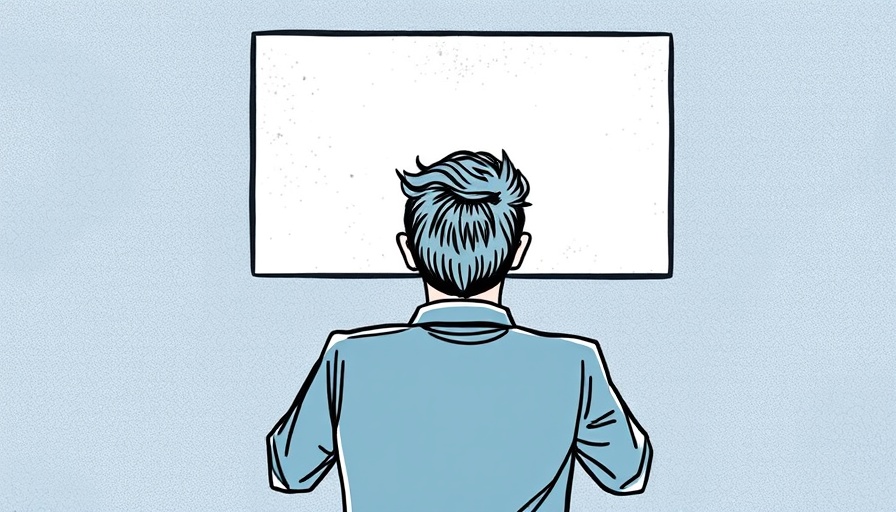
Klarna's AI Experiment: A Bold Move Gone Awry
Klarna, the fintech giant, once boasted that its artificial intelligence could replace the work of 700 employees, showcasing the transformative potential of technology in business operations. This bold claim was part of a broader strategy to enhance efficiency and reduce costs in a rapidly changing marketplace. However, as the initial excitement of automation faded, Klarna has taken a surprising turn by rehiring employees previously let go due to AI optimization.
The Human Cost of Automation
This shift raises significant questions about workplace culture and the importance of human roles in organizations. While AI technologies promise streamlined processes and cost savings, they cannot fully replicate the human touch essential for fostering inclusive leadership and team dynamics. Employee trust and organizational resilience thrive in cultures that prioritize human values, even amidst rapid tech advancements.
Implications for Change Management
Klarna's experience serves as a cautionary tale for other corporate leaders navigating change management in a post-pandemic world. After substantial layoffs and heavy reliance on AI, the re-emergence of human roles in the workforce indicates a critical pivot towards balancing technology and human interaction. Leaders must reevaluate how they define company values and evolve workplace practices to foster a hybrid workforce that aligns with these changing dynamics.
The Future of Workforce Evolution
Looking forward, scenarios where AI and human strength coexist will define workplace evolution. Companies must commit to creating psychological safety and an inclusive environment where voices from all levels are heard and valued. This not only enhances team dynamics but also contributes to a more adaptable organization that can effectively respond to the challenges posed by evolving market demands.
As companies like Klarna illustrate, navigating the complexities of this workforce shift requires leaders to prioritize human elements alongside technological advancements. They must actively cultivate a culture of trust, iteration, and open communication to steer their organizations through these transformative times. For professionals in HR and leadership positions, now is the time to reassess strategies to align technology integration with human experience.
 Add Row
Add Row  Add
Add 




Write A Comment